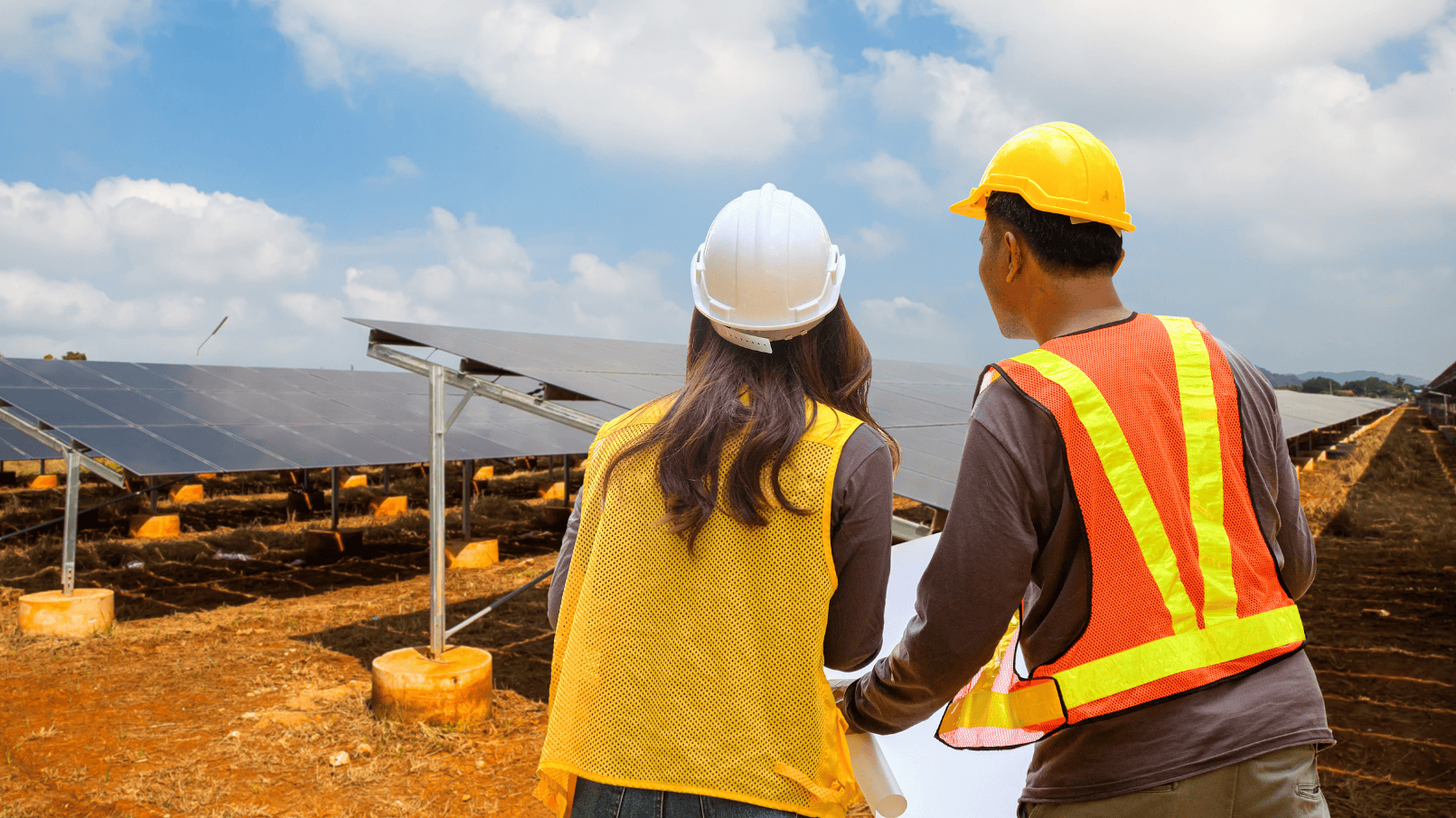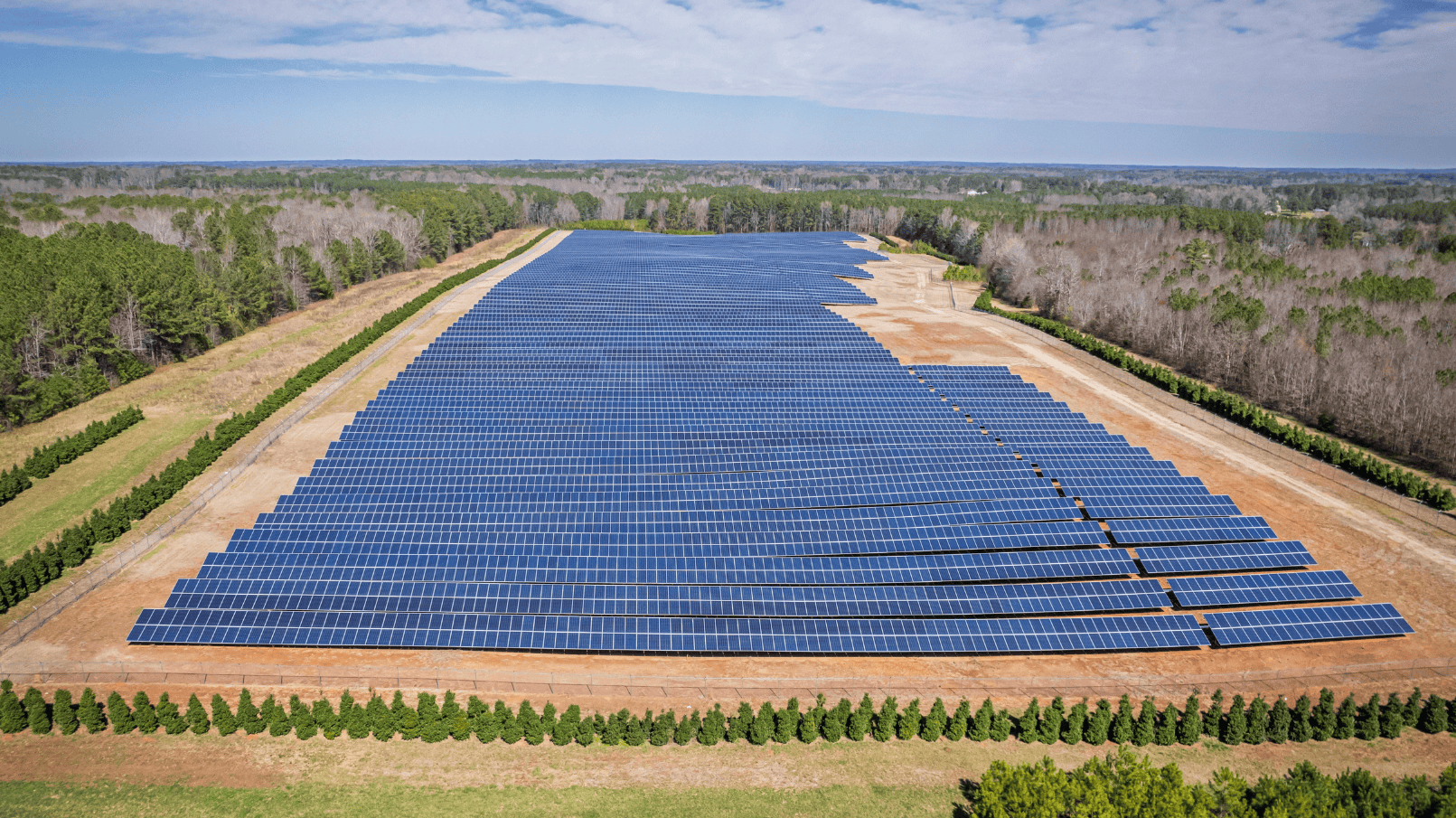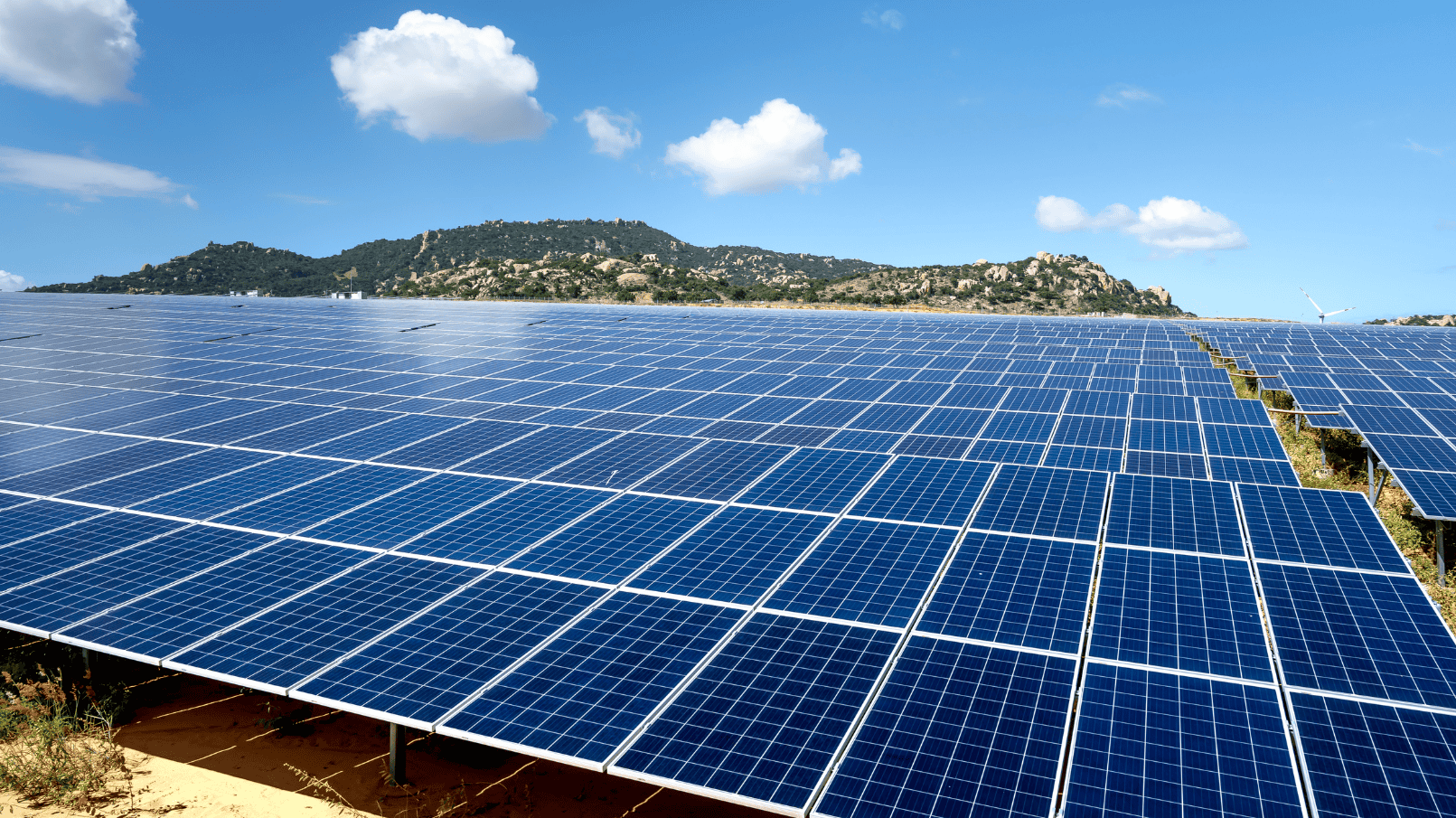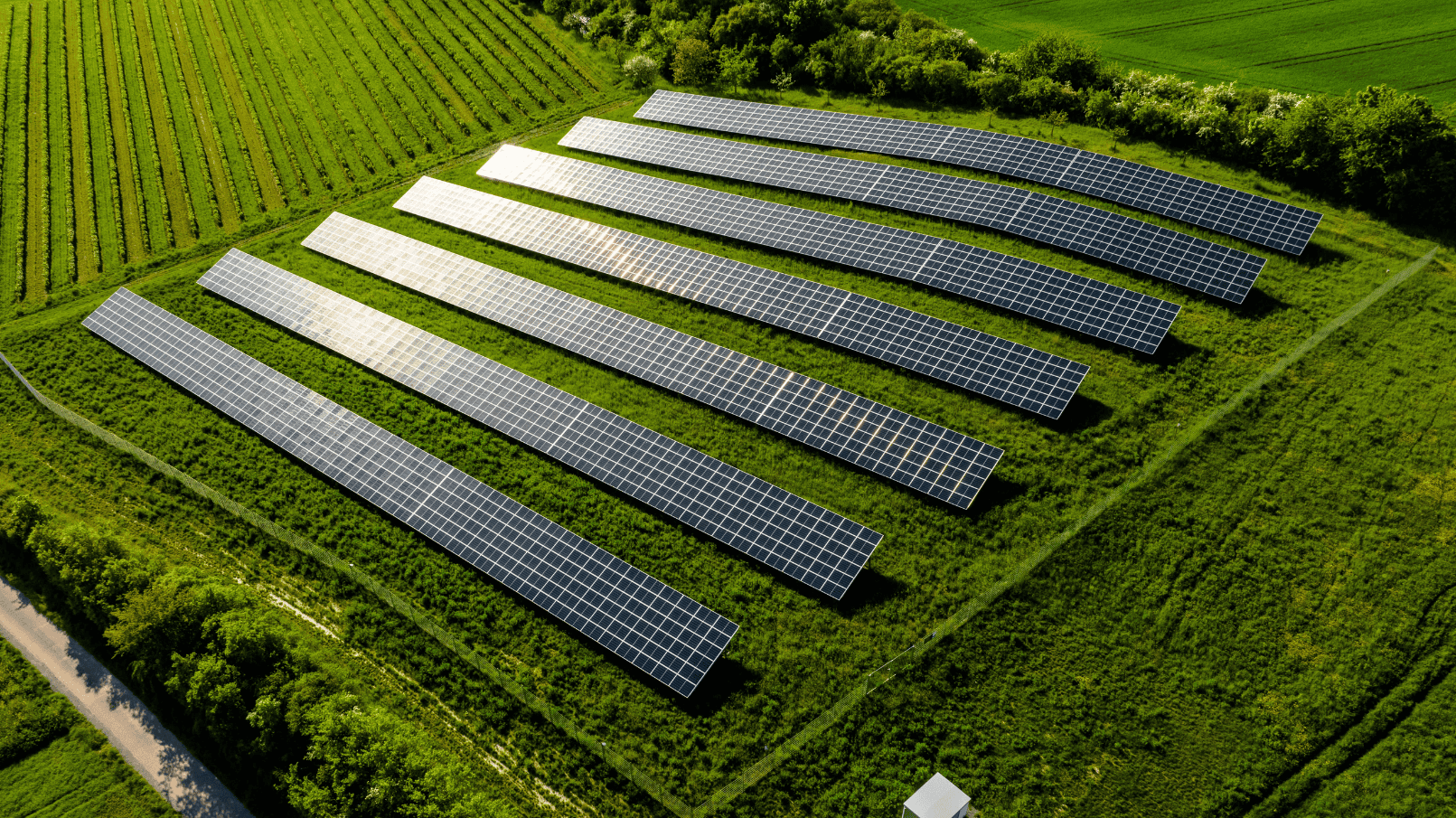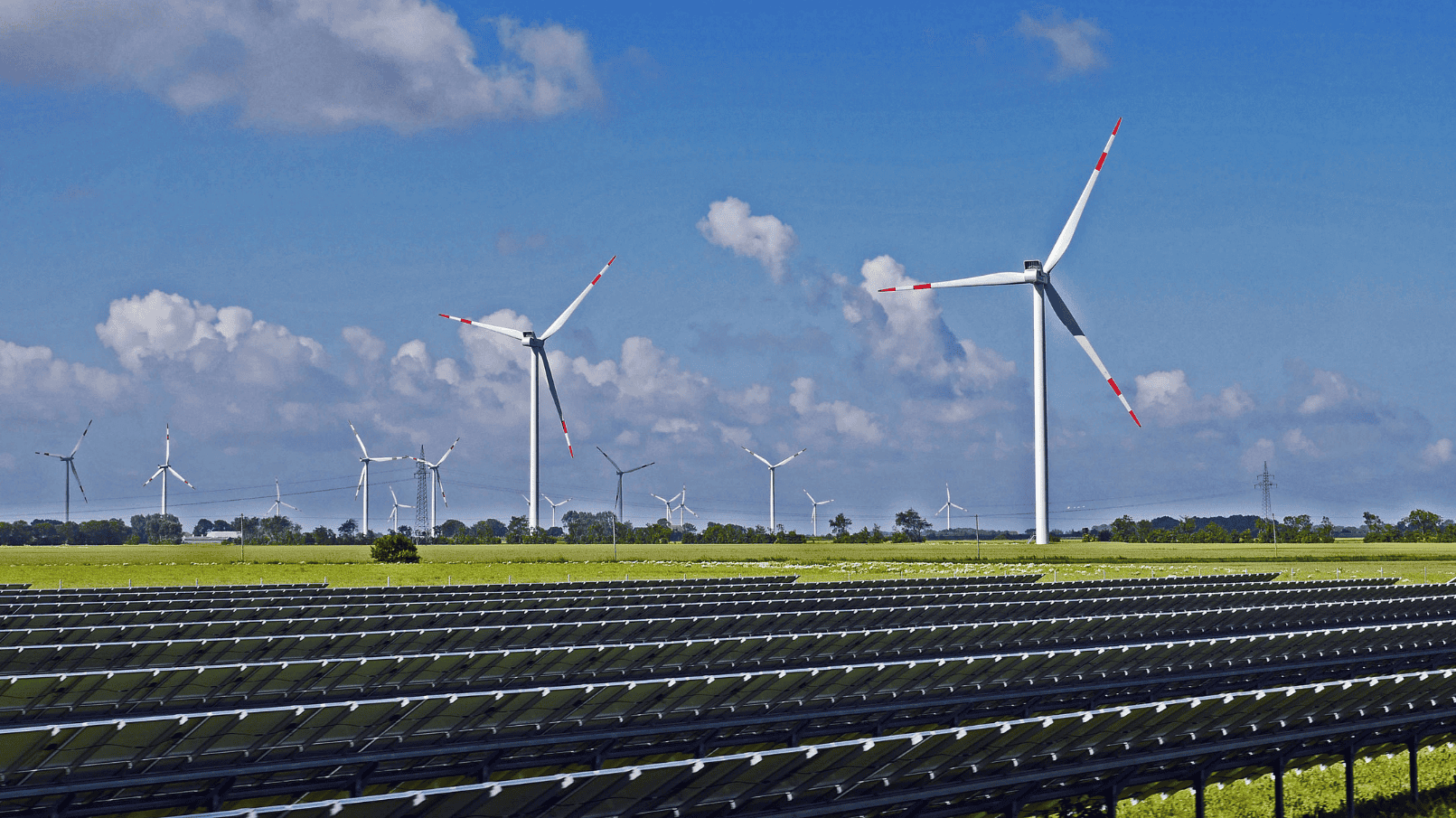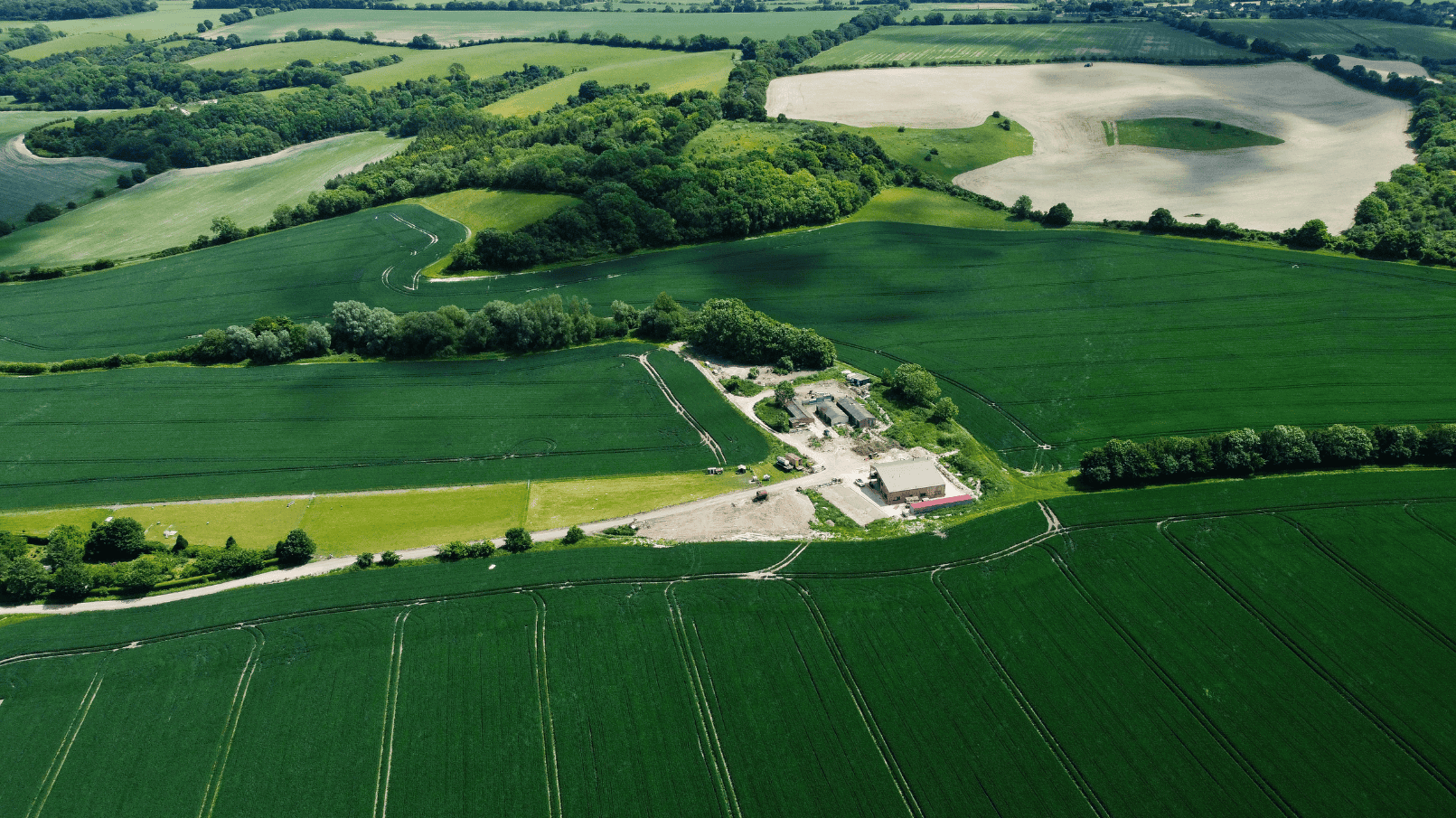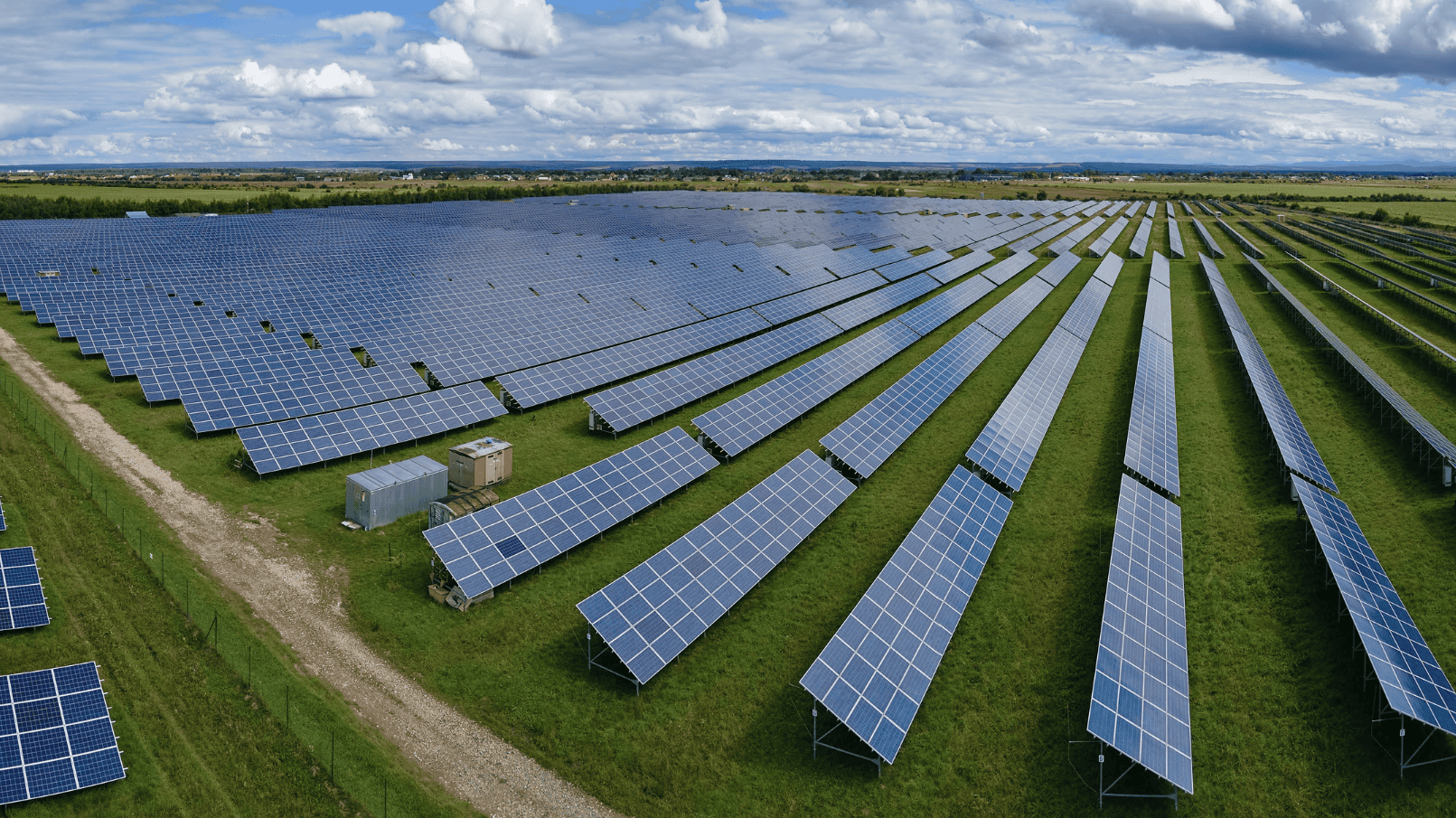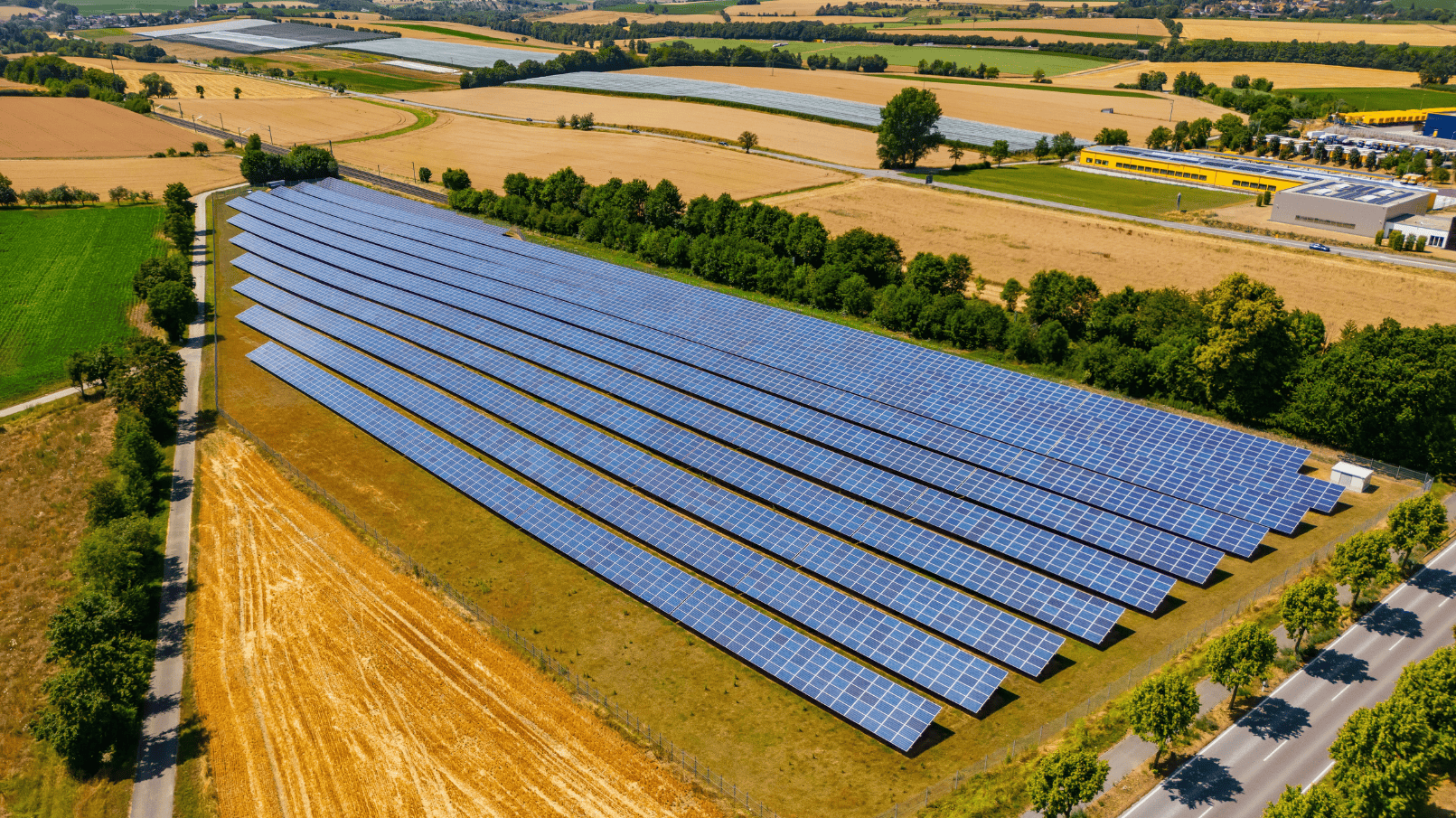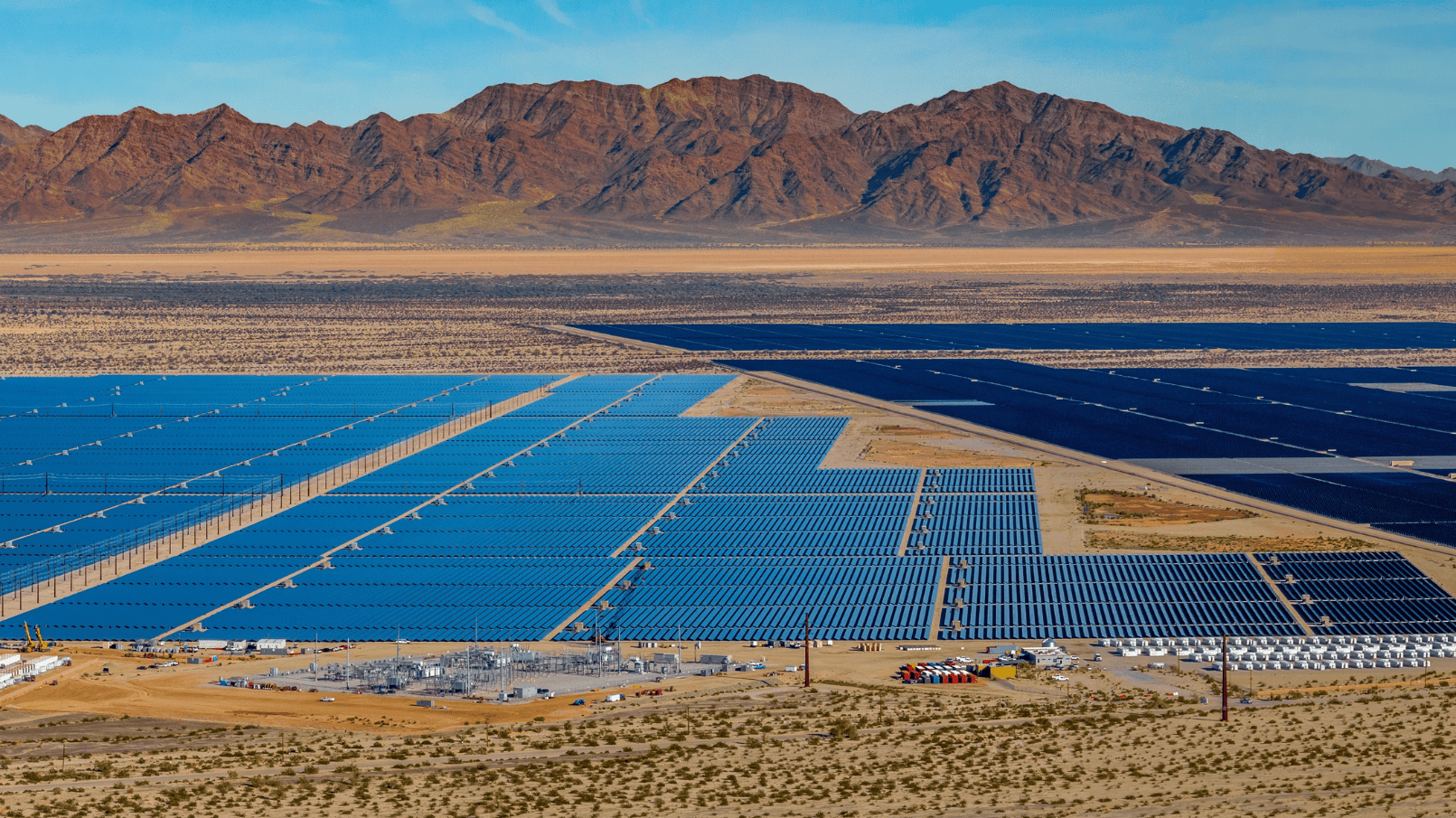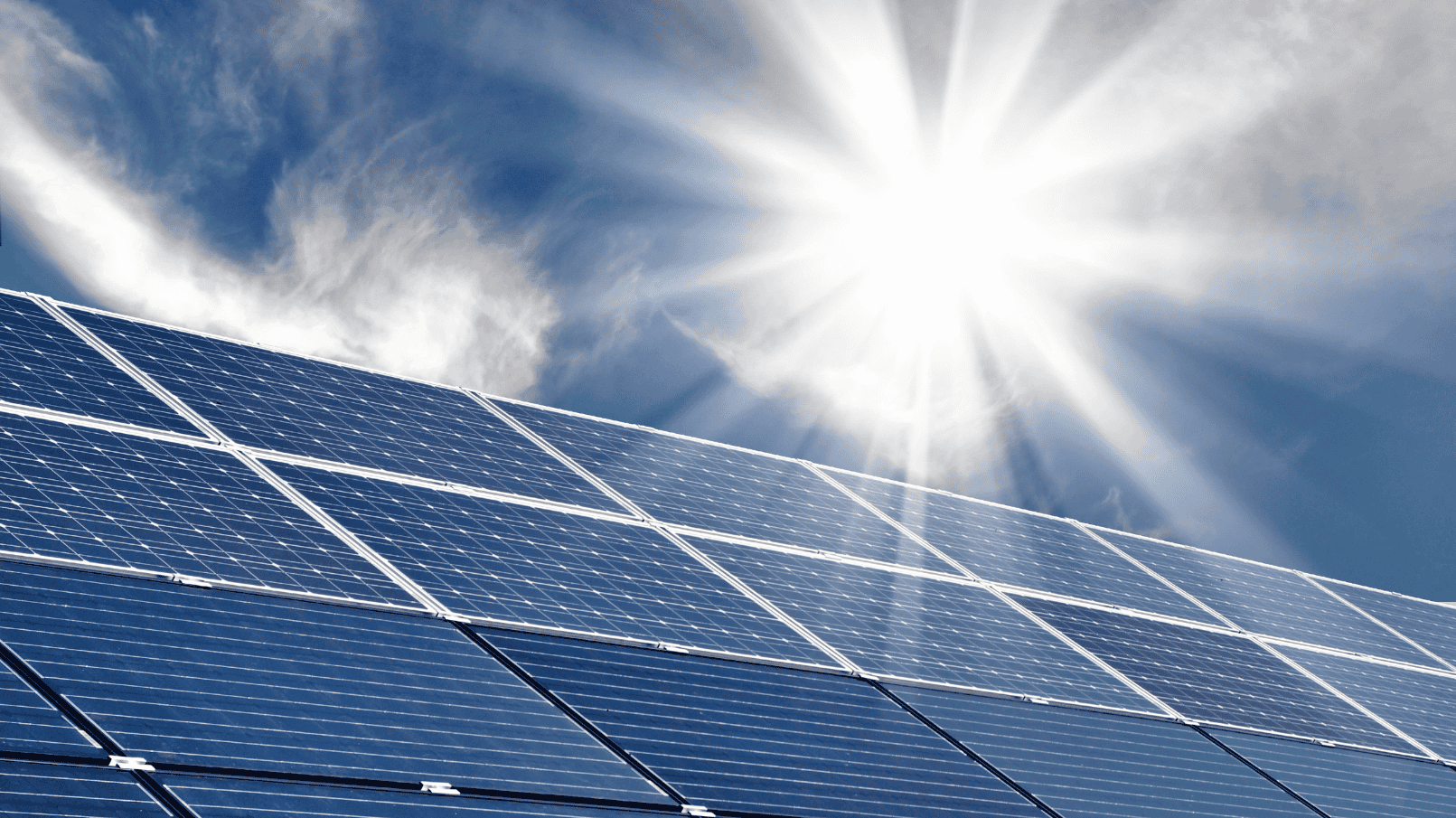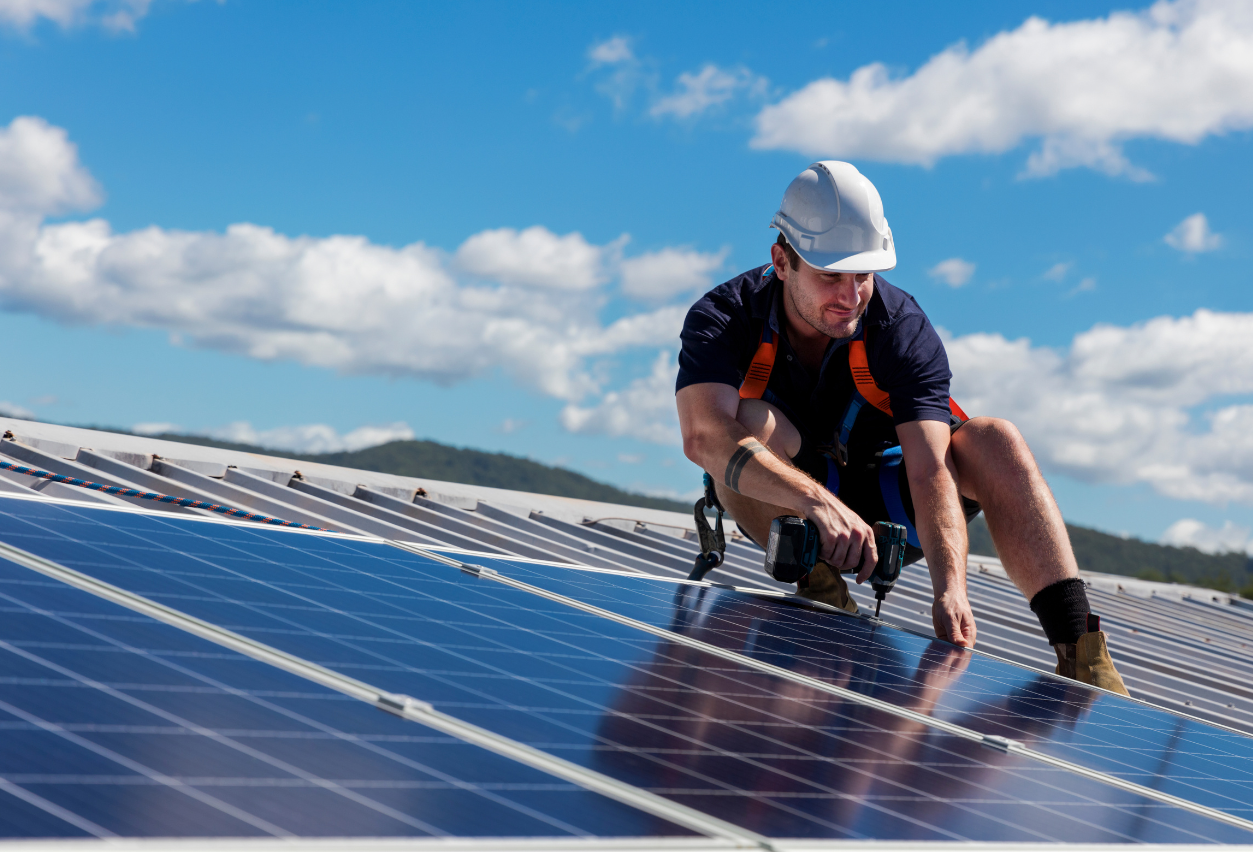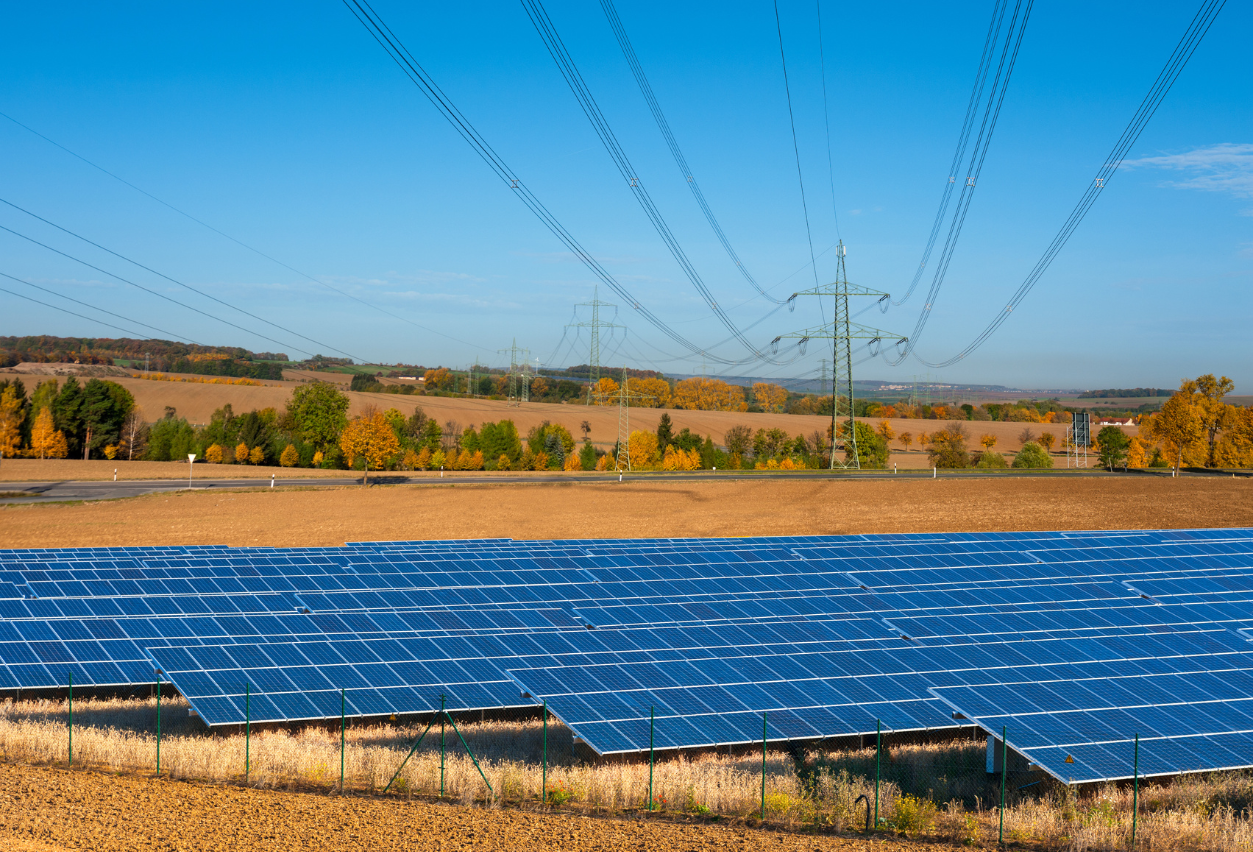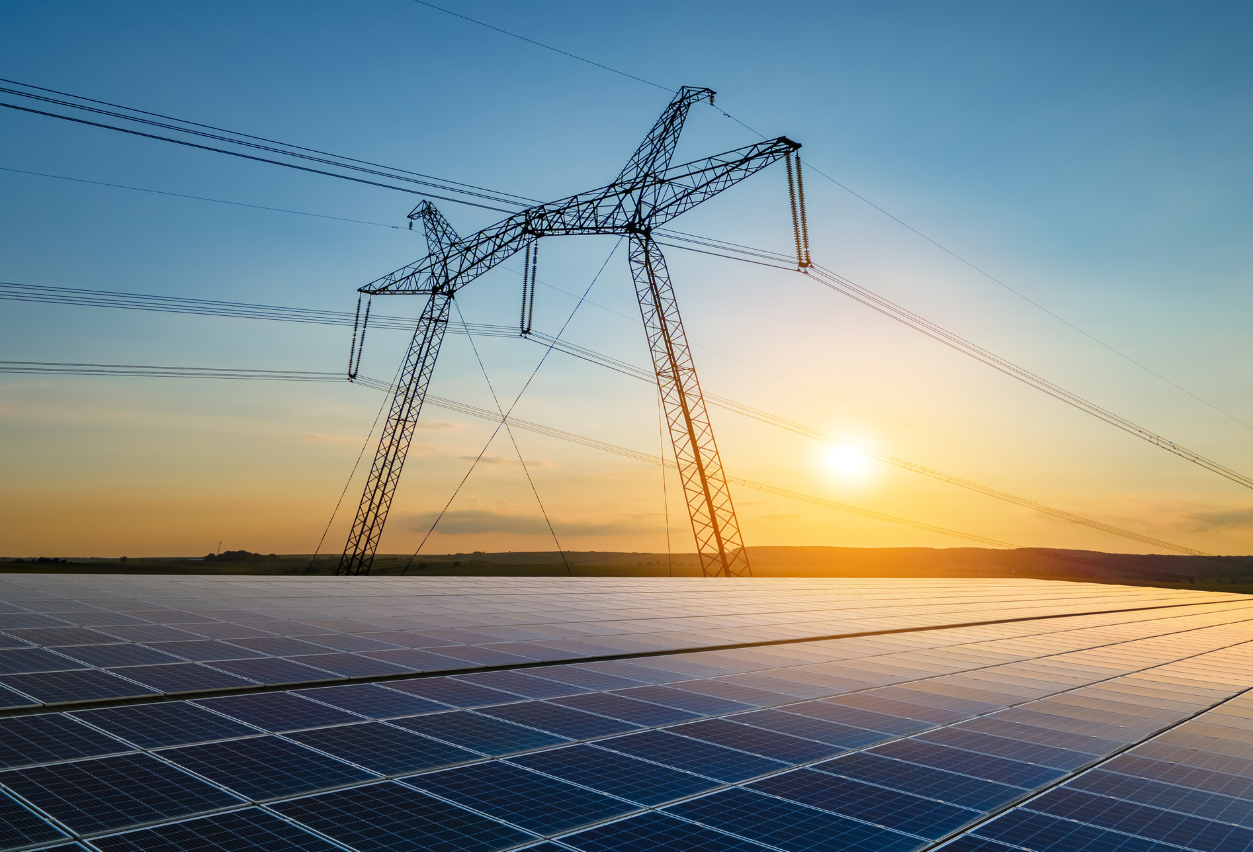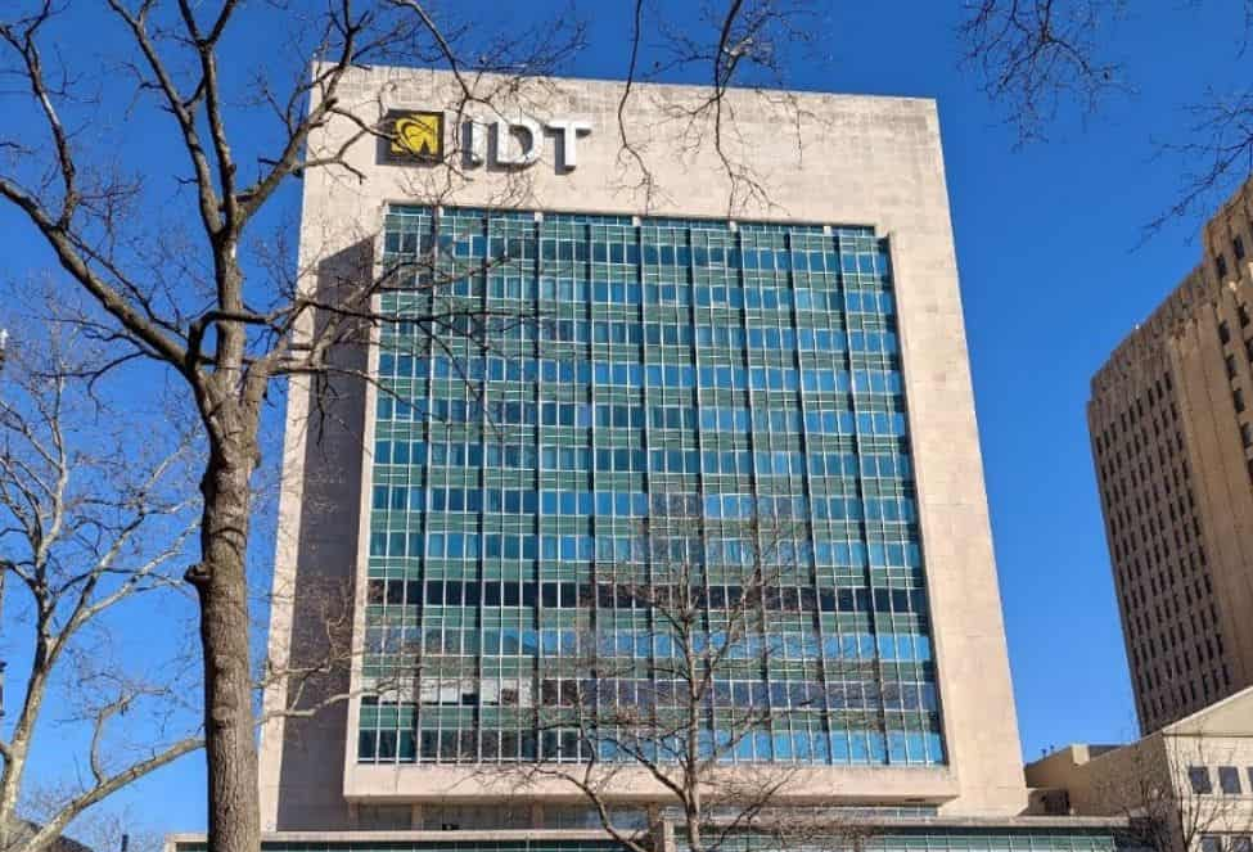As solar development projects rise in the U.S. and the future of solar land leases is promising, finding suitable land to build solar farms is becoming increasingly important for developers. As a farmer or landowner, there are many new opportunities to turn unused land into long-term income by leasing it to a solar company for a solar farm project.
In this article, we’ll explore the concept of solar land leasing, the land requirements needed in order to lease your land, and ways to maximize profits through solar land leases.
Understanding Solar Land Leases
In simple terms, solar land leases allow landowners to enter into long-term land lease agreements with solar developers, generating significant recurring revenue for the landowner. As open space becomes less available to build solar, developers are constantly searching for suitable land to build solar farm projects.
Many of these development firms are willing to assume the risk of a potential solar project by committing to a land lease agreement. Because solar panels have an average lifespan of 20-30 years, these lease agreements typically last for similar time periods. They spell out the roles and responsibilities of the solar developer, as well as the land lease rate per acre, and payment terms.
Solar leases are becoming an innovative way for farmers to supplement their income and for landowners to turn their open space into a revenue-generating asset.
How Do Landowners Earn?
Solar leases typically offer payments ranging from $1,000 to $5,000 per acre annually, depending on the location and size of the project. These payments can also include annual escalation amounts or incentives tied to the energy production from the solar system.
Additionally, some landowners may qualify for tax benefits that further enhance the financial viability of solar leasing. By participating in a solar project, landowners not only secure long-term revenue but also contribute to the growth of renewable energy.
How To Maximize Profit
If you are considering leasing your land to a solar company, there are many things you should consider in order to maximize the profit potential of your lease. Some of these considerations include:
1. Terms & Conditions Of The Lease Agreement
First and foremost, it is critical that you read and fully understand the terms and conditions of the land lease agreement. These agreements can be 30 or more pages long and contain complex legal language. It is always best to seek the counsel of a qualified attorney who can negotiate lease terms on your behalf. See more below on the specific elements of a land lease agreement to be aware of when negotiating.
2. Suitability Of Your Land
The condition and location of your land is one of the most determining factors when it comes to maximizing the value of a solar land lease. Land that is flat, has lots of sun exposure, and is located near three-phase power is ideal for a solar project. These parcels are in high demand and will often receive top-dollar for a land lease. If your land is not in ideal condition, preparing the land for solar is something to consider in order to maximize its value. Clearing trees, flattening hills, and filling in marshy areas are good steps toward improving the land and making it more attractive for solar development.
3. Track Record Of The Solar Developer
The track record and experience of the solar developer are also a very important aspect to consider. Inexperienced developers might not have the financial backing or competence to get projects approved and started quickly. Since there is limited interconnection capacity for solar projects on the electric grid, it is critical that your project moves along quickly for your lease agreement to be valid. An experienced solar developer will have the resources and knowledge to design the project and get it to the construction phase. Ask the developer for a list of references and past projects so you can validate their competency.
4. Local Zoning Ordinances For Solar
Nothing stops a solar project faster than a township board that is averse to solar projects. One of the first steps in the solar development process is to get local zoning ordinances approved for the solar farm. Some townships and municipalities consider solar to be an eyesore and require the project to be located out of plain sight. If your land is located in a solar-friendly area, the project has a better chance of coming to fruition, as well as your land lease agreement.
Negotiating Land Lease Contract Terms
Some of the more important elements to review in a solar lease agreement include: the lease price per acre, lease escalation rates, payment terms, the length of the lease agreement, and the responsibilities assumed by the solar developer. Let’s explore some of the key contract terms to consider.
Lease Price Per Acre
Ensure the per-acre payment aligns with market rates, typically ranging from $1,000 to $5,000 annually, and negotiate for the best possible value based on your land’s location and attributes. Be sure that no adjustments can be made to these lease prices.
Lease Escalation Rates
Confirm that the agreement includes escalation clauses to account for inflation or market changes, ensuring payments increase over time. You may also consider bonuses based on the production and sale of the energy from the solar project.
Payment Terms
Understand whether payments will be made monthly, quarterly, or annually, and ensure the terms are clearly outlined in the contract. Understand your recourse if the solar company is delinquent on payments.
Length Of The Lease Agreement
Review the lease term, which often spans 20–30 years, and evaluate whether it fits your long-term goals and plans for the property. Be sure to read clauses around early termination by the solar developer, or by you.
Responsibilities Of The Solar Developer
Clarify the developer’s obligations, including land maintenance, project construction, and decommissioning responsibilities after the lease ends. It is also important to clarify default clauses if the developer is not adhering to their responsibilities.
Responsibilities Of The Landowner
Understand your specific responsibilities during the term of the lease. Be sure to comprehend any penalties associated with the breach of your obligations under the terms of the lease agreement.
Transfer Rights
Another thing to consider is the transferable rights of the solar land lease agreement. Unfortunately, many solar developers present lease agreements to land owners with the intention of selling the project to another company. This can create risk for the landowner if the purchasing company does not have a clean track record of development and payments. It is important to consider the terms of the lease and whether or not it can be sold to a third party.
Tax Implications And Benefits
Consult with a tax professional to understand any tax liabilities or potential incentives associated with the solar lease. If you have tax liabilities, you may want to consider negotiating a share of the tax credits associated with the solar project.
Land Restoration After The Lease
Ensure the agreement includes provisions for restoring the land to its original condition or an agreed-upon state once the lease term concludes. Be sure that penalties are included in the agreement if the solar developer does not decommission the project properly.
Is Solar Leasing A Good Strategy For You?
Entering into a 30-year solar land lease agreement is a big commitment. There are many factors to consider before committing your land to a solar project. Here are some questions you should answer prior to negotiating with a solar company.
- Am I okay with committing my land to a solar project for up to 30 years?
- Will I have a better opportunity to earn more income elsewhere with this land in the future? For example, a housing development.
- Is the solar company that is proposing the lease reputable?
- Does the solar company have plans to sell the project to another company? If so, what is the track record of that company?
- Is my land in suitable condition for a solar project or does it need improvement? Who will pay for that improvement?
- Am I considering selling my land in the near future? What value can I get for my land with an income-producing solar lease?
These questions are intended to get you thinking outside of the box and to consider whether or not a solar lease is right for you. It is important to consult with an experienced energy consultant or attorney prior to entering into any contracts with solar developers.
Want To Explore Your Land’s Income Potential?
If you’re a landowner considering a solar land lease, Genie Energy Solar is a great place to start. We are backed by the stability and resources of a publicly traded company and are a trusted leader in the solar development world. Our transparent processes, expert guidance, and commitment to maximizing partner benefits set us apart in the industry. Contact our team today for a complimentary land assessment and discover how we can help you turn your property into a reliable source of income.
